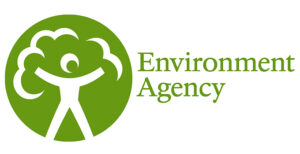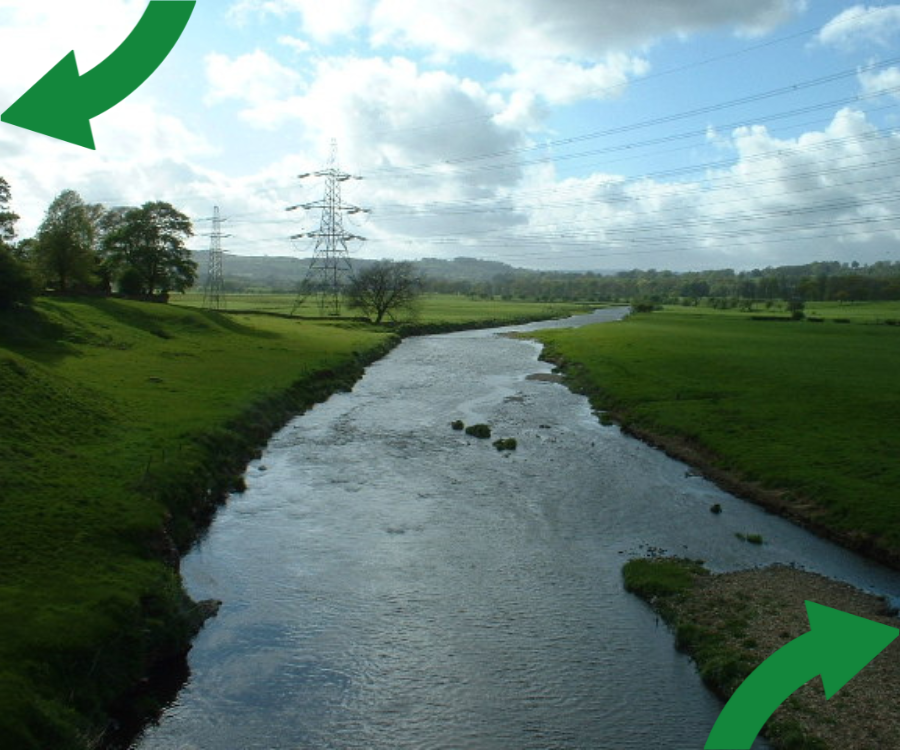Background
Groundwork’s Sustainability Consultants conducted business engagement work pollution prevention visits at three industrial estates in Yorkshire between 2021-23 to identify and proactively tackle the root cause of disperse industrial pollution.
The project was commissioned by the Environment Agency, who alongside other partners, are working to improve the water quality of the River Calder.
Groundwork’s consultants engaged businesses located at the Euroway, Spen Valley and BMK industrial estates. These sites were chosen as water pollution incidents linked to surface water drains had recently been reported, and/or the estates were located near the waterbody itself.
Engaging businesses
Consultants first undertook a scoping exercise to understand the makeup of the three industrial estates and identified 142 businesses, 57 of which were determined to be medium/high risk in relation to environmental management on site and water pollution risks.
From here a variety of methods were explored to engage the businesses on the industrial sites with the project, especially those with higher risks.
Groundwork distributed letters, emails, made phone calls and conducted visits discussing the projects ambition and offering businesses a free pollution prevention triage visit and/or audit.
Pollution prevention
Groundwork’s Consultants provided triage visits and conducted pollution prevention audits which reviewed the businesses facilities & processes, storage of liquids, chemicals and oil, emergency preparedness and waste storage.
The businesses who took part received a follow up report which included recommended actions on how they could improve their environmental practices and reduce their risk of polluting.
Outcomes
The majority of the businesses who engaged with the project were keen to do their part to reduce risk and improve waterways. Following receipt of their reports businesses confirmed they had taken a range of actions, including:
- Improving visibility of man hole covers on site
- Purchasing spill kits and ensuring these are available in high-risk areas
- Purchasing drip trays and bunds to capture hazardous spills
- Moving vehicle washing to an off-site licenced provider
- Clearing litter
One business even decided to introduce an integrated management system and apply for ISO14001 accreditation so the could manage environment risk more effectively moving forward.
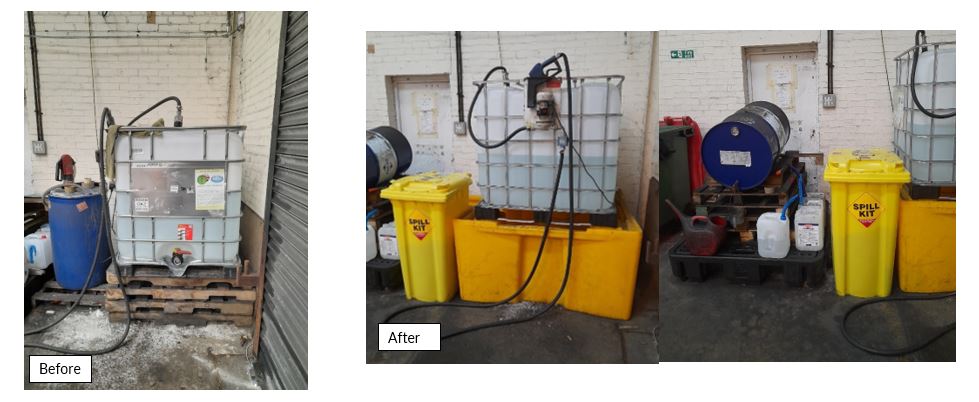
The above is an example of incorrect storage of chemicals and oils that were unbunded and located less than two metres away from an external drain (behind shutters that were frequently open). Following a pollution prevention visit the company purchased a new bund for the IBC and a new spill kit. The site obtained a site drainage plan from the landlord and were able to identify the drain close by as a surface water drain. The site have now taken vehicle washing of site to a licensed contractor and have shared the findings of the report and best practice with other sites across the country.
Celebrating improvements
Businesses that took part in the process and made improvements were thanked with a certificate from the Groundwork team:
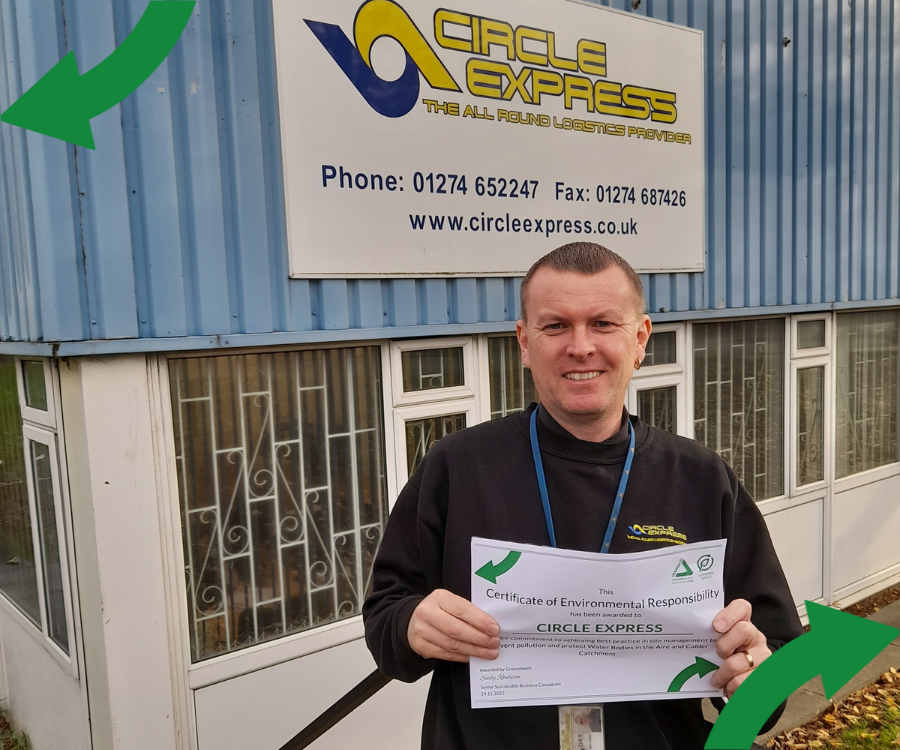
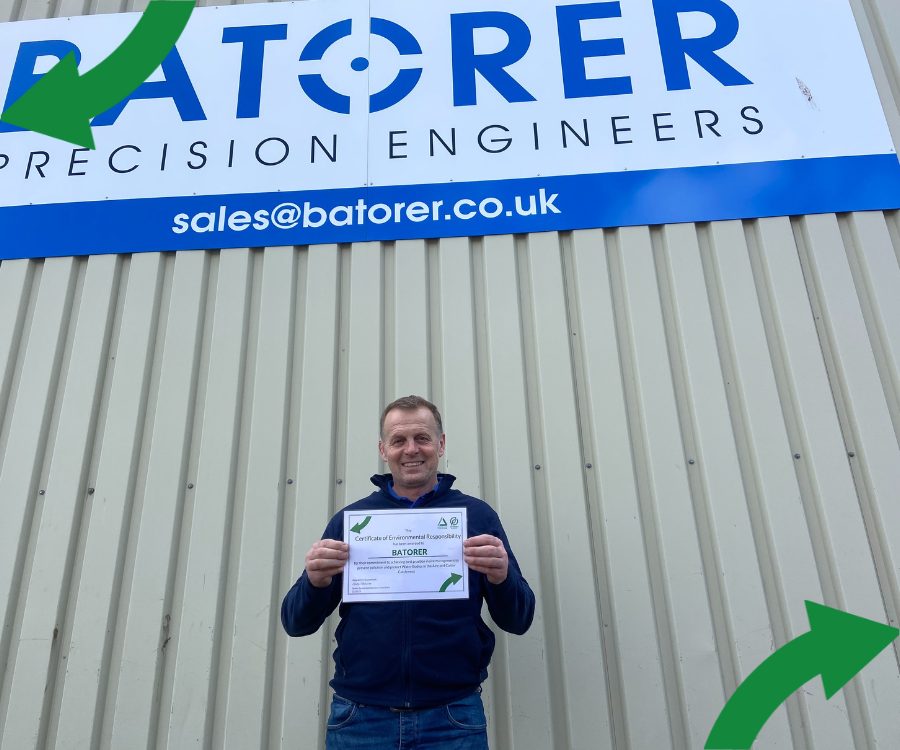
Free Pollution Prevention Guide
As part of this project, Groundwork created a pollution prevention guide providing tips and advice on how businesses can remain compliant with the law and reduce pollution risks.
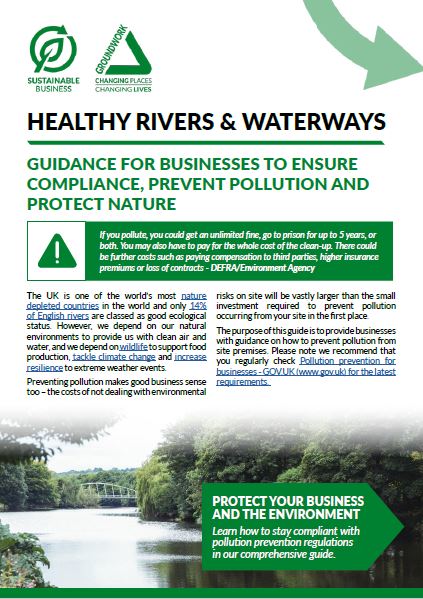
For a free copy of this guide simply get in touch
Delivered in partnership with:
